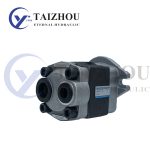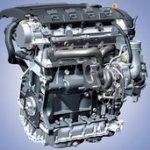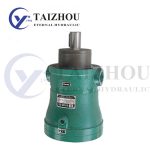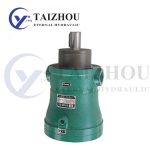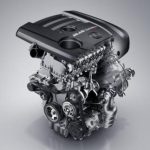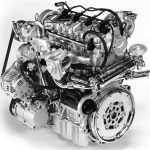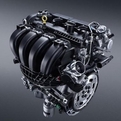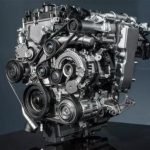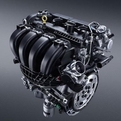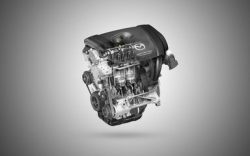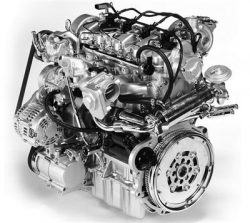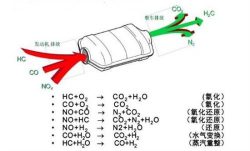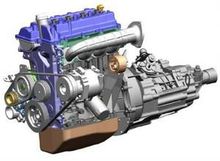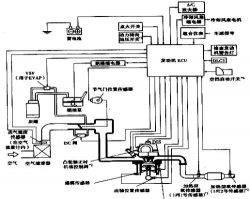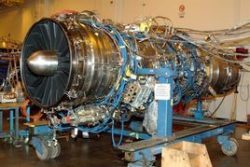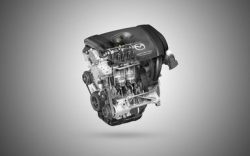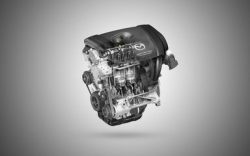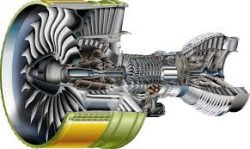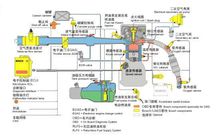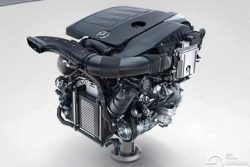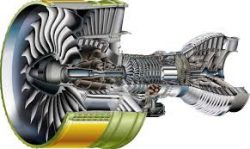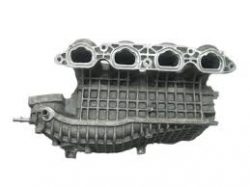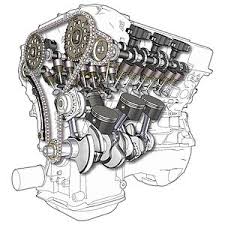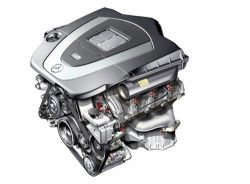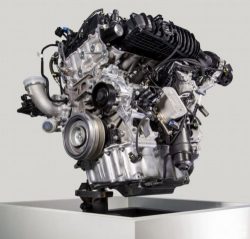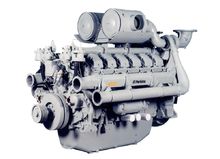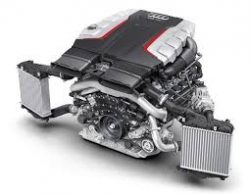Eaton Char-Lynn Motor – Motor Cylinder Head Ablation Detection
According to the Eaton Char-lynn Motor , the cylinder head gasket is placed between the cylinder head and the cylinder block, and the cylinder head bolts ensure the sealing of the cylinder to prevent gas, cooling water and lubricating oil from leaking. It must tightly seal the high temperature and high pressure gas generated in the cylinder and the cooling water and oil flowing through the cylinder head with a certain pressure flow rate, and can withstand the corrosion of water, gas and oil. Common cylinder head ablation is caused by high temperature and high pressure gas impinging on the cylinder head gasket, burning the package mouth, retaining ring and asbestos board, resulting in cylinder leakage, lubricating oil and cooling water leakage. When the erosion of the cylinder head gasket occurs, the motor power is degraded, and the cylinder pressure is insufficient. When the carburetor is tempered in a serious situation and the exhaust pipe is released, the cylinder head gasket should be replaced immediately.
1. Cylinder mat ablation failure phenomenon
(1) Burning between the two cylinders of the cylinder head: the motor is insufficiently powered, the car is running weak, the acceleration is poor, and the air filter is removed. When the motor is idling, the intake port can hear the sound of “beep”.
(2) The burnt-out part of the cylinder head is connected with the water jacket hole: the water tank appears to bubble, open the pot, and the exhaust smokes white smoke.
(3) The burning part of the cylinder head is connected with the oil passage: part of the oil will be ablated into the cylinder and the exhaust will emit blue smoke.
(4) The burning position of the cylinder head gasket is in communication with the external atmospheric environment: the motor is poor in power, the economy is deteriorated, and a strong squeak is generated from the damaged portion of the mat.
2. Causes of ablation of cylinder head gasket
(1) The motor works under a large load for a long time, and often produces knocking combustion, which causes local high temperature and high pressure in the cylinder to ablate the cylinder mat.
(2) When the cylinder head bolts are tightened, the operation is not performed according to the specified requirements, and the uneven torque causes the cylinder head pads to be flat on the joint surface of the cylinder block and the cylinder head to cause helium.
(3) The ignition advance angle or the fuel injection advance angle is too large, so that the highest pressure is circulated and the maximum temperature is too high.
(4) The quality of the cylinder head gasket is poor and the thickness is uneven; there are air bubbles in the mouth of the mouth, and the asbestos is unevenly laid or the rim is not tight.
(5) The cylinder head is warped and deformed, the flatness of the cylinder body is out of tolerance, and the individual cylinder head bolts are loose, resulting in a tight seal.
(6) Improper driving operation method, accustomed to slamming the throttle and accelerating, high-speed operation, excessive pressure exacerbates the cylinder liner erosion.
3. In the diagnosis of cylinder head ablation, in addition to determining whether the cylinder head gasket is ablated by detecting the cylinder pressure, the water tank cover can be removed, the motor running at medium speed is started, and the presence or absence of air bubbles in the water tank is observed. If it is found that there is a bubble in the water tank watering port, the cylinder head is ablated. Or the fluctuation of the water surface is aggravated by the increase of the motor speed, and at the same time, when water is sprayed, the part around the cylinder gasket is destroyed. At this time, the cylinder that does not work can be detected by firing the cylinder, and the spark plug electrode is removed to check whether there is water droplets; the motor is started to observe whether water or water vapor is ejected from the spark plug hole to determine whether the cylinder head is burnt. When the motor is working, move around the cylinder head by hand, and if there is a gas flush, it will ablate. When the cylinder head gasket is seriously damaged, a bubble may appear at the joint between the cylinder head and the cylinder block to cause a cylinder gasket seal failure. During use, when the water level in the water tank is found to drop rapidly, the oil gauge is pulled out and found to have water in the oil (the oil color is yellow or even white), so that the cylinder gasket leaks; in addition, the temperature of the cooling water in the water tank rises too fast, often boiling, The water inlet is turned over, and the inlet pipe has no concave phenomenon. The cooling water has no obvious consumption, and the cylinder gasket is leaking. In the above phenomenon, the new cylinder gasket should be replaced.
4, acupuncture on the way acupuncture first aid measures on the way to find the cylinder liner burned, and no spare parts can take the following first-aid measures: the cylinder liner is removed and carefully checked, if it is a small mouth, can be used to pack tin foil, waste capacity Fill the inner tin-platinum or asbestos wire in the damaged area, and carefully knock the compaction; if the damaged surface is large, use a dry cowhide pad or cut a patch from the same part of the waste cylinder mat. After the vehicle returns to the field, Re-fix according to technical specifications.
https://www.xjetl.com



